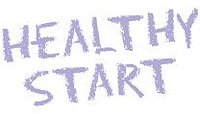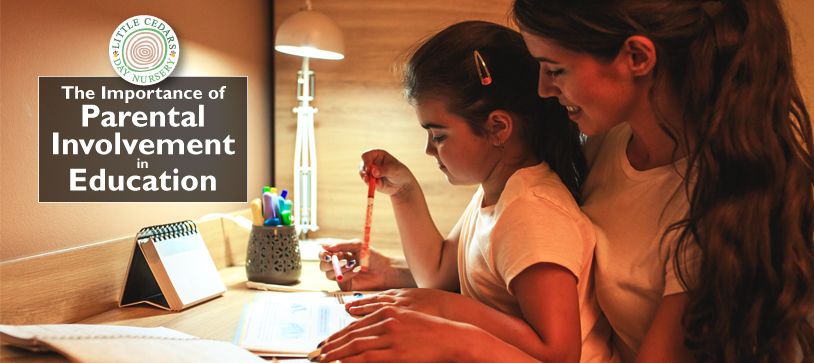
Have you seen the videos of babies laughing hysterically when paper is torn? For some inexplicable reason, they find it hilarious! It even became a whole trend on YouTube, so we’ve included an example here (skip any adverts at the beginning). It’s extremely funny — and the giggling baby is very cute!
Quite why the babies laugh at paper being torn, or during a game of peek-a-boo with a parent, is often a mystery. They seem to love it, though. It turns out that their ensuing laughter is very good for them, as well as being enormous fun to watch and to join in with.
Growing a Sense of Humour
 Let’s first go back to the beginning. A sense of humour is apparently a learned aspect of a person’s character, to a fair extent. It’s something that develops and changes as a child gets older, rather than something they’re born with as a result of their DNA. As such, it’s important that babies and young children are given every opportunity to enjoy laughter and, while doing so, have fun with those around them. Laughing also is also closely linked to happiness, and being happy is, of course, priceless.
Let’s first go back to the beginning. A sense of humour is apparently a learned aspect of a person’s character, to a fair extent. It’s something that develops and changes as a child gets older, rather than something they’re born with as a result of their DNA. As such, it’s important that babies and young children are given every opportunity to enjoy laughter and, while doing so, have fun with those around them. Laughing also is also closely linked to happiness, and being happy is, of course, priceless.
In one study, when babies were shown a toy duck that was then thrown to the ground, only the babies who giggled copied the action when they were given the toy. Clearly those babies understood the significance of the action and ‘got’ the joke!
The Benefits of Laughter for Little Ones
Many of the benefits of laughter are completely obvious; it cheers us up, it lightens our mood, it can make a stressful situation much more bearable and, no less importantly, laughing is fun! If we’ve laughed regularly throughout the day, we’re more likely to have enjoyed the day as a whole and we’re sure to think of it as a ‘good’ day. It’s going to be similar for babies, toddlers and under-fives.
However, there are many less obvious benefits that the very young can get from laughing regularly:
 Laughing helps children to develop better self-esteem;
Laughing helps children to develop better self-esteem;- It can help them to think a little bit differently and in a more creative way;
- In so doing, it can also help improve their problem-solving skills as they ‘may look below the surface’ more often;
- Laughing with friends, carers and parents helps closer bonds to develop;
- It can be used to cheer other children up when they are upset and thereby improve social skills and empathy;
- Laughing in the face of adversity can help boost future resilience, while also reducing anxiety;
- It helps them to be more spontaneous, more playful and also not take things, including themselves, too seriously.
Medical benefits
There are also some medical benefits for children who laugh often. Research shows that children who laugh regularly are less likely to suffer from depression and are more resistant to physical problems and illnesses. Laughing:
 Improves mental health;
Improves mental health;- Releases endorphins (the ‘feel-good’ hormones);
- Triggers the part of the brain that improves mood;
- Lowers blood pressure, reduces blood sugar levels and improves circulation;
- Reduces heart/pulse rates;
- Strengthens immunity against illnesses;
- Helps to mask pain;
- Aids digestion;
- Children have also been shown to sleep better as they go to bed happier and more at peace.
One magical thing about laughing is that it’s also contagious — so everyone around will also benefit! Try watching that video above of the baby with the torn paper; it’s impossible not to laugh along!
In our next post, later in the month, we develop this theme further with some shareable jokes for pre-school kids and may follow up later some time with some ideas that are sure to make them laugh out loud. So, please do come back soon.
Laughter at Little Cedars Nursery
 The staff at Little Cedars Nursery in Streatham understand all about the benefits of laughter for little ones. The staff benefit from it too, of course. Life at the nursery is great fun and we ensure that babies and children are all enjoying themselves as well as learning. That’s one of the reasons why learning through play works so well. The babies and children have immense fun with lots of giggles and laughter while at the same time learning about themselves, each other and the world around them. What could be better!
The staff at Little Cedars Nursery in Streatham understand all about the benefits of laughter for little ones. The staff benefit from it too, of course. Life at the nursery is great fun and we ensure that babies and children are all enjoying themselves as well as learning. That’s one of the reasons why learning through play works so well. The babies and children have immense fun with lots of giggles and laughter while at the same time learning about themselves, each other and the world around them. What could be better!
If you would like to explore the idea of a nursery place for your child at Little Cedars day nursery in Streatham, please do get in touch. We’re perfectly located for those looking for nurseries or pre-schools in Streatham or near to Streatham Hill, Streatham Common, Streatham Park, Tooting, Upper Tooting, Tooting Bec, Tooting Common, Balham and Furzedown.
For more information call 020 8677 9675, send us a message or arrange a nursery visit here. We’ll answer any questions and would be happy to show you around.

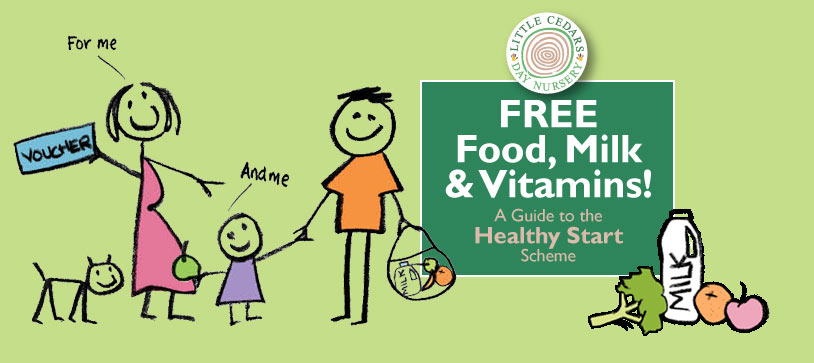
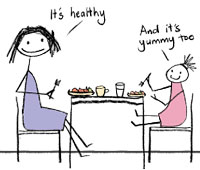 Are you pregnant, or a parent with a child under four? If so, your family may be eligible for free healthy food, milk and vitamin supplements. In England, some of these free items are available under the ‘Healthy Start’ scheme, which we’ll explain in this quick-start guide.
Are you pregnant, or a parent with a child under four? If so, your family may be eligible for free healthy food, milk and vitamin supplements. In England, some of these free items are available under the ‘Healthy Start’ scheme, which we’ll explain in this quick-start guide. Eligible individuals can get the following, absolutely free:
Eligible individuals can get the following, absolutely free: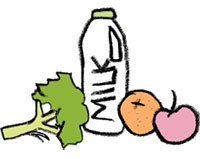 The infant formula milk:
The infant formula milk: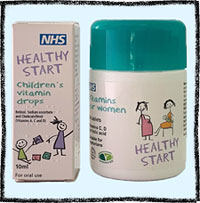 These free vitamin supplements are important for pregnant women, breastfeeding mums, babies and young children because many are deficient in them at this stage in their lives.
These free vitamin supplements are important for pregnant women, breastfeeding mums, babies and young children because many are deficient in them at this stage in their lives. In order to be eligible for Healthy Start vouchers, you need:
In order to be eligible for Healthy Start vouchers, you need: